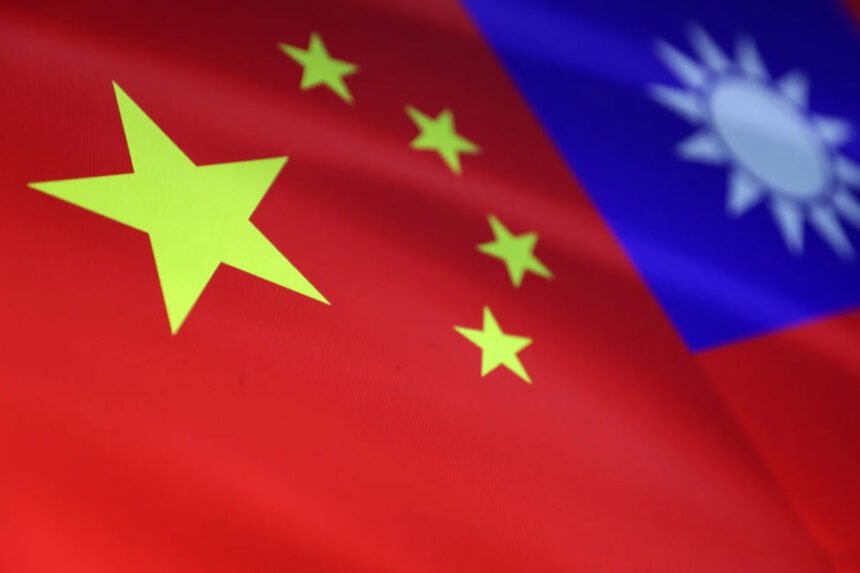In a significant move to curb the proliferation of vaping and its perceived health risks, Taiwan has introduced stringent laws that have completely banned the sales and personal use of electronic cigarettes. This legislative action, which amends the Tobacco Hazards Prevention Act, marks a decisive step in the country’s public health policy.
Strict Prohibitions and Hefty Penalties
The newly passed measures by Taiwan’s Legislative Yuan represent one of the most severe stances taken against e-cigarettes globally. The amendments prohibit the sale, manufacture, promotion, import, and personal use of vaping products, treating them equivalently to traditional tobacco products. The law stipulates severe financial penalties for individuals and entities that do not adhere to the new regulations. Illegal sales of vape products can attract fines ranging from 10 to 50 million New Taiwan Dollars, which is approximately between $330,000 to $1.65 million USD. On the other hand, individuals caught in the act of vaping are subject to fines ranging from NT$2,000 to NT$10,000 ($66 to $330 USD).
Regulatory Tightening on Heated Tobacco Products (HTPs)
While the legislature has not outright banned heated tobacco products (HTPs), it has significantly tightened the regulatory screws on them. The new regulations make it considerably more challenging for manufacturers to gain approval for the sale of these items. Furthermore, the tax rates on non-combustible tobacco products have been raised, putting additional financial pressure on both sellers and consumers.
Flavor Ban and Age Restrictions
In addition to the vaping ban, Taiwan’s legislature has also banned flavored tobacco products, including flavored cigarettes. This move aims to reduce the appeal of smoking to younger demographics who are often drawn to such products. Simultaneously, the age to legally purchase tobacco products has been increased from 18 to 20 years, further limiting access to youth.
The Asian Context: Following WHO Recommendations
Taiwan’s comprehensive ban on vaping is not an isolated case in Asia. Many governments in the region have adopted similar prohibitions, often aligning with the recommendations of the World Health Organization (WHO) and its affiliates funded by Bloomberg Philanthropies. The rationale behind such strict measures is grounded in concerns over public health and the potential gateway effect of vaping leading to smoking among youth.
Implications and Debates
The implications of Taiwan’s ban on vaping are multifaceted. On one hand, proponents argue that such measures are necessary to protect public health, especially among the youth who may be enticed by the novelty and perceived safety of e-cigarettes. They cite evidence of vaping’s potential health risks and the need for preemptive action to prevent a new generation from developing nicotine addictions.
On the other hand, critics of the ban suggest that it may have unintended consequences. For instance, some argue that vaping offers a less harmful alternative for smokers looking to quit traditional cigarettes, and banning it outright removes a potential tool for harm reduction. Moreover, the black market for vaping products could potentially flourish in response to the ban, creating challenges for law enforcement and possibly exposing users to more dangerous unregulated products.

certainly like your web site but you need to check the spelling on several of your posts. Several of them are rife with spelling problems and I find it very bothersome to tell the truth nevertheless I’ll definitely come back again.
tdm4a9